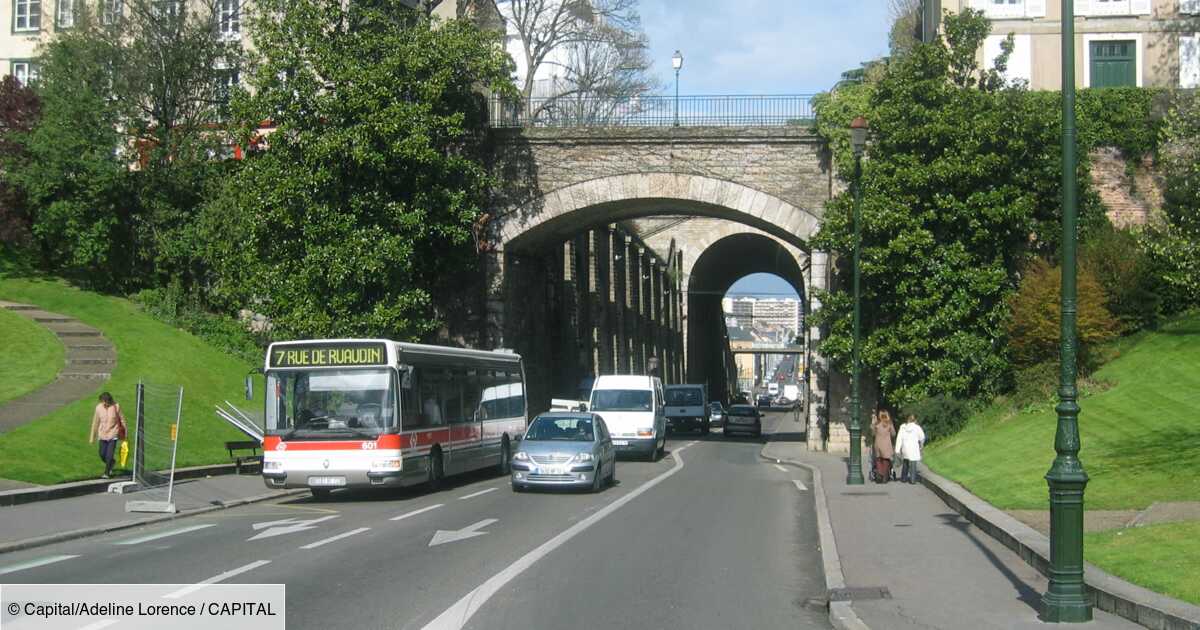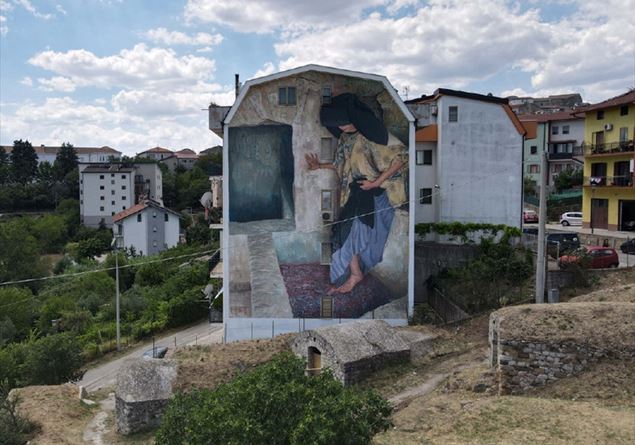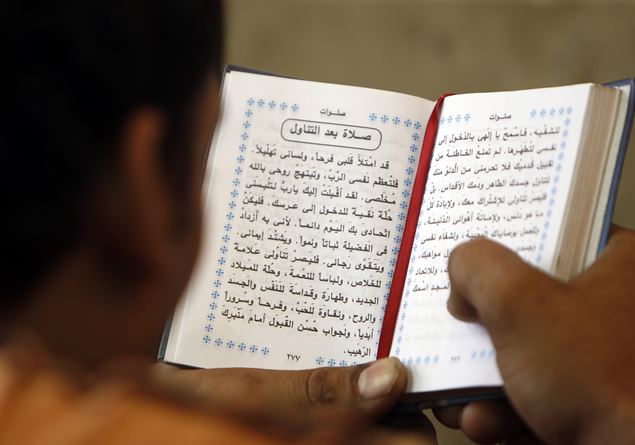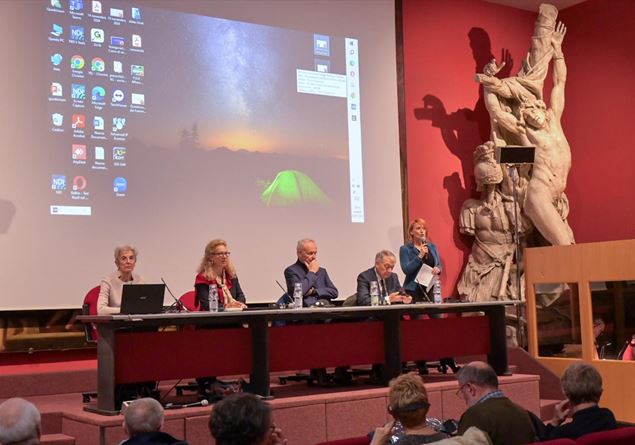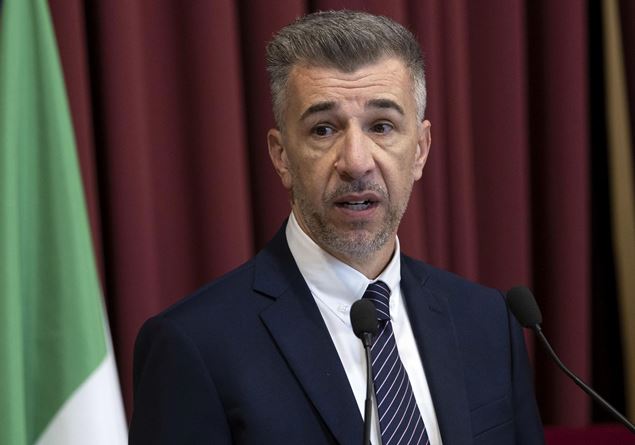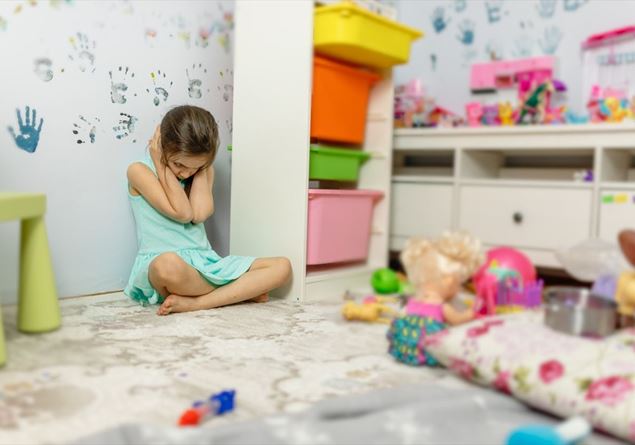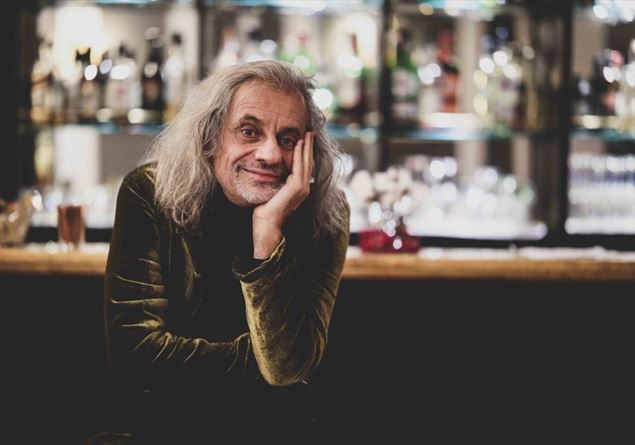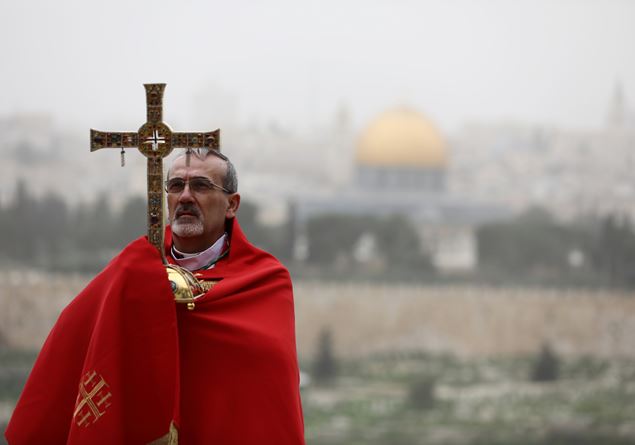
The Bible is not only current but eternal. Some conflicts that today tear the Middle East apart also have their roots in this text, sacred for Judaism and Christianity and important for Islam. The Bible is not foreign to the incandescent intertwining between religion and violence and fundamentalism, “the letter that kills”, a phenomenon that today mainly concerns the Muslim world, but which is also part of the Jewish-Christian tradition. «Everything that concerns the biblical text and its interpretation has never been secondary in this land», states the Cardinal Pierbattista Pizzaballa, Latin Patriarch of Jerusalem and Custos of the Holy Land from 2004 to 2016.
Your Eminence, what does it mean to publish the Bible in Arabic, accompanied by a very rich and detailed work of exegesis and commentary, at a time when the Middle East is torn by a conflict that keeps the world in suspense?
«It is nothing new that, especially in this land, the Word of God has in many cases been a source of laceration, even if today the dimensions of the conflict are greater than in the past. This new version of the text is very important because it represents an appropriate tool for the faithful of these places where the Bible was written. Another important aspect concerns the flight of Christians from the Middle East which is talked about so much. This is a courageous project that invests in the presence of Christians in these territories and that instead of simply taking note of a phenomenon, or complaining, does something constructive because it has a tool available that helps to know and deepen the word of God , it also helps to know and deepen one’s identity, faith and relationship with others. All of this, in the drama we are experiencing, is a significant element that should not be overlooked.”
The Bible, yesterday as today, has always been exploited to claim rights and wage war.
«Especially in this area. There are Jewish messianic movements, for example, that use it to justify the annexation of territories. The fact that the sacred text is easily exploited makes the need to know it thoroughly even more urgent and important. This also applies to the lay faithful and not only to the clergy. Last year we started holding biblical training courses in Arabic aimed at lay people and they are very crowded because many people feel a deep desire, beyond the liturgical readings, to understand and study the biblical text in a systematic way.”
He has said several times that in the Middle East it is difficult to see the future at the moment. How do you live today?
«The situation is dramatic. There is a lot of talk about escalation, but at least here in the Holy Land, in Gaza and in the West Bank (the territories of the West Bank on the western bank of the Jordan River, occupied by Israel together with Gaza after the Six Day War of 1967, ed) I wonder what else there is to climb. In the Gaza Strip there is a very serious situation and from my point of view also unacceptable for what is happening, especially in the north, where the population is literally dying of hunger. In many years here I have seen many problems but never hunger like this.”
What is being done?
«In recent days we managed to introduce sixty tons of food into northern Gaza which we distributed to around four thousand families. Our parish of the Holy Family is the point of reference for the distribution of humanitarian aid. The general situation is very serious, both in terms of the scale of the destruction and the extent of the violence which spares no one. People don’t feel safe and there is no clarity on future prospects.”
Where is diplomacy at?
«If there is one thing that is clear, it is that the international community with the various bodies has so far failed to have an impact and obtain anything to achieve, not just a peace process, but at least evidence of dialogue and negotiation. Beyond the declarations, the facts go in a totally opposite direction.” Are religions able to work secretly to open ways of thaw? “No. Unfortunately, and I underline unfortunately, no. The local church, the Custody of the Holy Land, the various associations are doing everything possible from a humanitarian point of view but they are drops in the ocean.”
In just over a month the Jubilee begins which Pope Francis wanted to dedicate to the theme of hope. How are you preparing?
«Very often, especially when talking about the Middle East, we want to make hope coincide with the resolution of the conflict. It’s not like that. Christian hope, as the Pope described it in the Bull announcing the Holy Year, is an attitude of life, a way of staying within reality, even when facing serious situations like ours. Hope does not come from outside, from what others have to do, but it is the way we approach life. Hope is the daughter of faith. It means making present in life, with patience and mercy, what faith has placed in everyone’s heart. In this land, marked by so much hatred, if faith leads you to have experiences of love, mercy and forgiveness, you must, in your life, always be the voice of what you have experienced. Hope is something that is effectively achieved, it is not waiting for something that comes from the outside.”
Right now, what personally gives you hope?
«At an institutional and diplomatic level everything is plastered and paralysed, but in the area people – I am thinking of our parishes, children and young people, movements and associations – are doing a lot to help those in difficulty. There are many courageous voices, both Israeli and Palestinian, denouncing what is happening. They are voices of truth. All this tells me that, despite everything, there is still someone in this tormented land with whom we can rebuild.”



